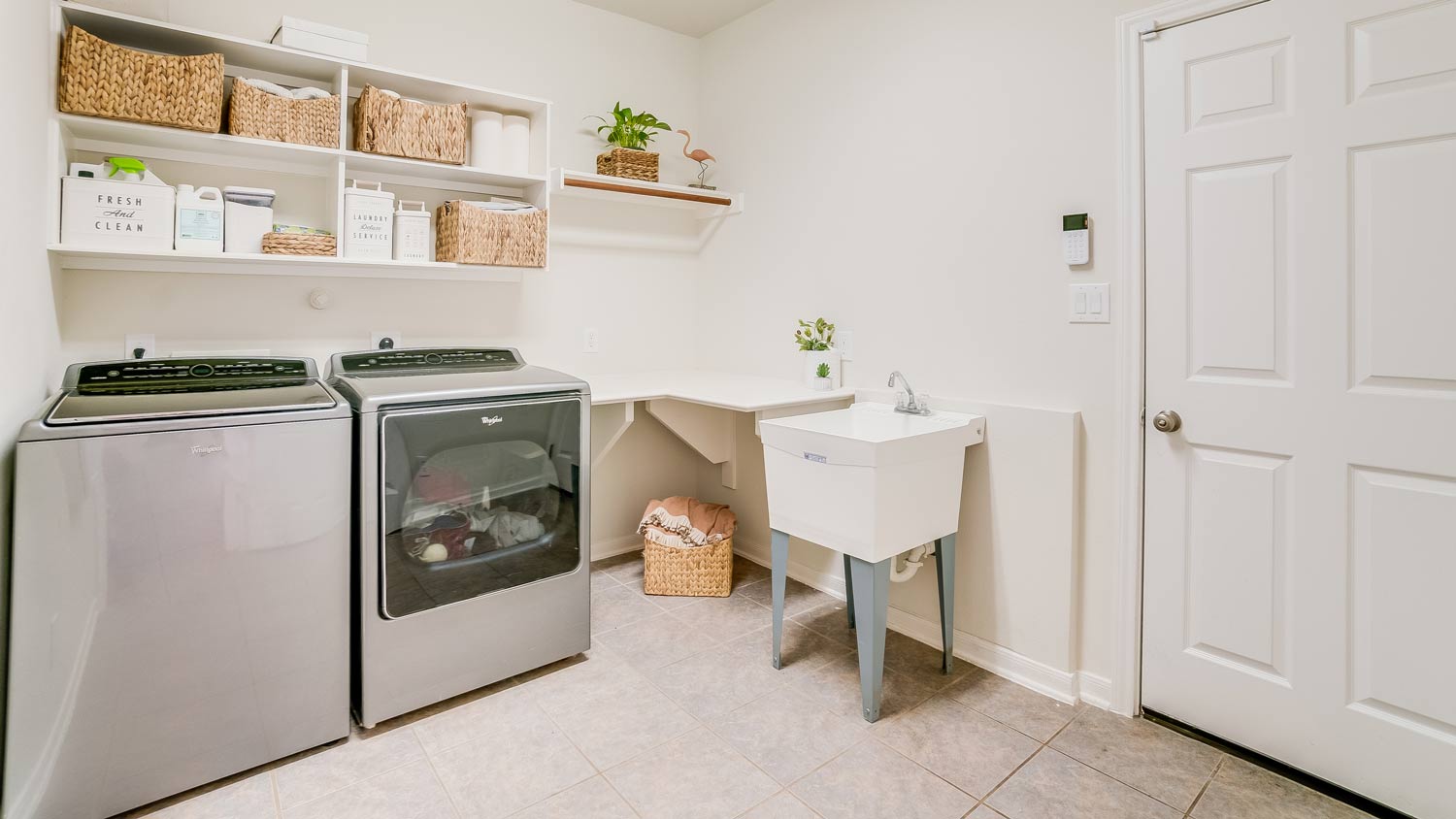
Discover the cost to finish a basement laundry room. Learn about average prices, key cost factors, and tips to budget your basement laundry remodel.
Give your finished basement a makeover without breaking the bank


The average basement remodel costs $22,750, but you don't have to spend that much.
Tackling some projects yourself or doing quick fixes can cut costs dramatically.
You should never DIY work that involves structural change, plumbing, or electrical work.
Are you thinking about refinishing your basement? Perhaps you'd like to add a bedroom down there or turn a playroom into a home theater or in-law suite. The good news is that it's possible to do a basement remodel on a budget. It just requires some planning.
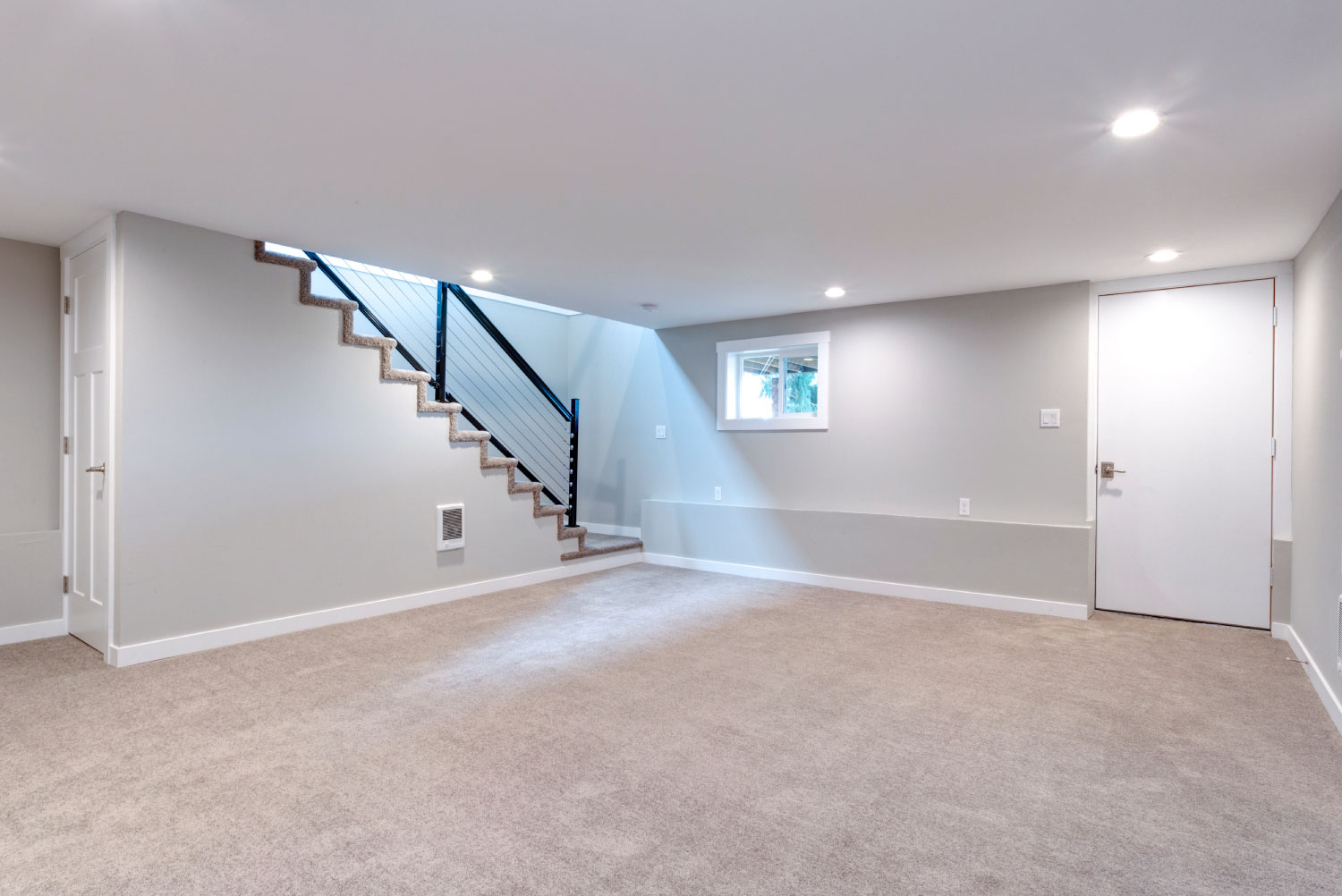
The average basement remodel cost ranges from $12,000 to $34,500, with the average project costing $22,750. If you don't have tens of thousands to spare, don't worry. The total price of a remodeling project can vary based on your location, the size of your basement, and how much you want to change.
Factors that affect the total cost of a basement remodel include:
Raising the basement ceiling
Adding windows
Installing plumbing
Upgrading the electricity
Getting the right permits
Ultimately, it's up to you to decide how you want to change your basement and whether those changes work with your budget.
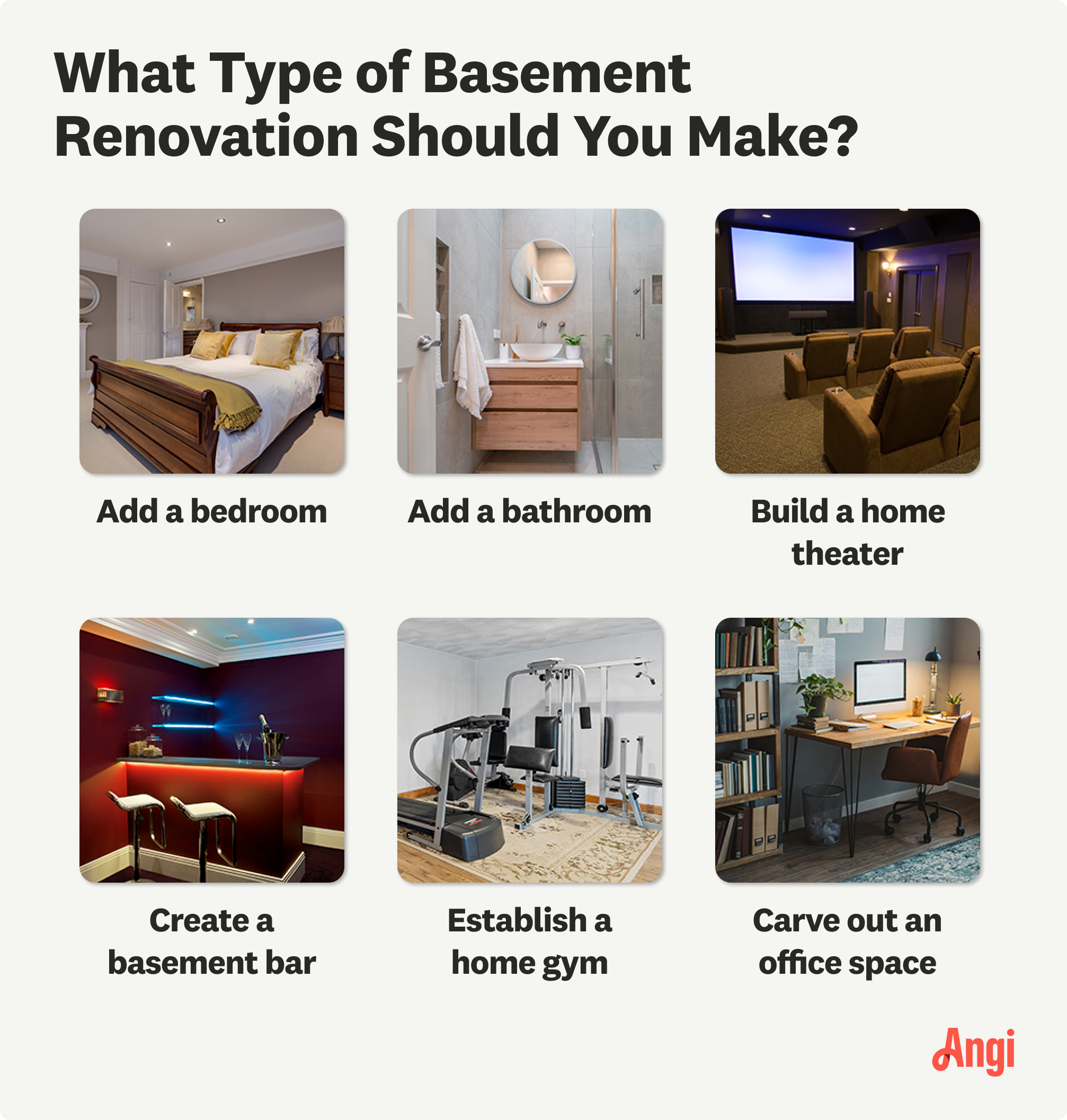
You want it all for your basement. But with a small budget, you need to make choices. Make a list of the three most important updates for your space. Then, make another list of less critical but "nice to have" updates.
Then, look at how much you are comfortable spending on your basement redo and get estimates for the changes you'd like to make. Give your budget a cushion of 10% to 20%, then subtract the estimated costs from your total allowed budget to get an idea of what projects you can afford.
Don't underestimate the power of a new coat of paint or an improved lighting system in your basement. Small changes can do a lot to improve the look and functionality of the space, without breaking the bank.
For example, say you want to create a home office in your basement, but it's currently dark down there. Rather than paying to install new windows to add light, you can invest in an overhead lamp or spotlights.
Perhaps you find the flooring in your basement cold and uninviting. One option is to swap hard floors for carpet or trade epoxy or tile floors for hardwood or laminate.
Tackling simple projects yourself, as long as you have the confidence and skill to do them, can also help keep your basement remodel under budget.
According to data from Angi, about 26% of homeowners want to add a bathroom to their basement. Roughly 19% want to add a bedroom, 13% want storage, and 11% want a laundry room. Check out the chart below to see what features other homeowners want.
Of course, there are times when hiring a professional basement remodeling company near you is a must. If your remodeling project involves structural changes, plumbing, or electrical updates, it pays to hire a pro.
Trying to do the big stuff yourself, especially if you aren't fully familiar with basement and foundation terminology, local laws, or structural engineering, can put you at risk of a code violation or damage to your home's structural integrity. In other words, the DIY route can sometimes end up costing you far more time and money in the end.
Wallpaper works best in lower-traffic rooms that don’t get very much moisture. Rooms like kitchens and bathrooms are not ideal for wallpaper since those are considered high-moisture areas and can cause the paper to peel.
From average costs to expert advice, get all the answers you need to get your job done.

Discover the cost to finish a basement laundry room. Learn about average prices, key cost factors, and tips to budget your basement laundry remodel.
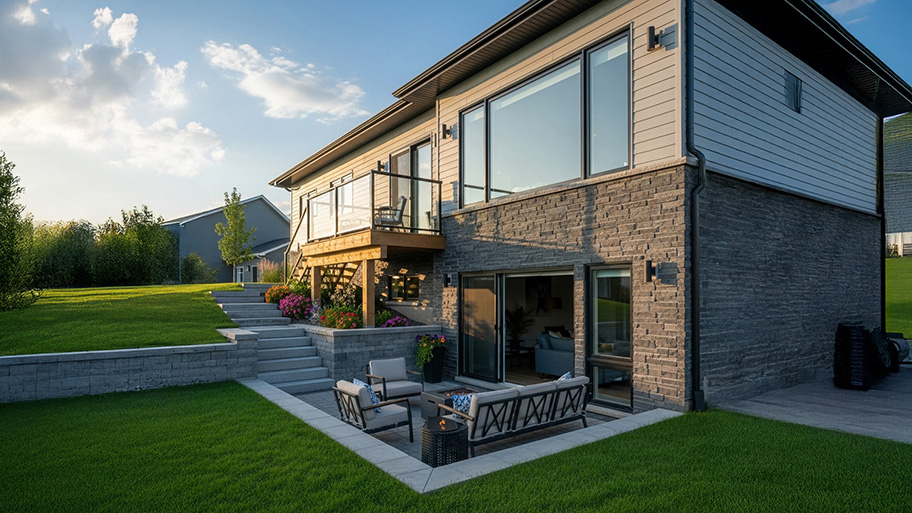
Walkout basements cost more to install than traditional basements. Our guide explores the factors that affect how much a walkout basement costs.
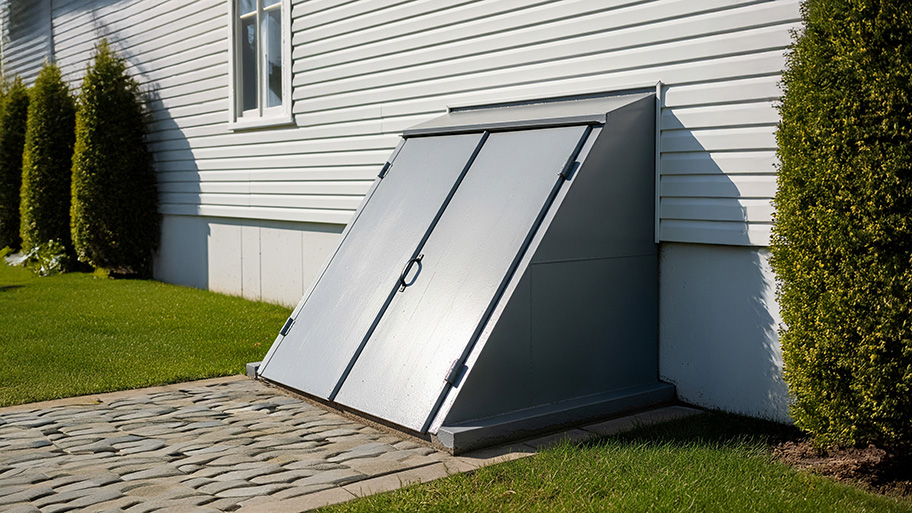
When storm season is approaching, ensure you’re ready to go in case of an emergency. Explore our guide to budgeting for bulkhead replacement costs.

Hiring a bad basement remodeler can wreak havoc on the look and longevity of your unfinished space. Here are red flags to look for as you vet basement contractors.

Finishing a basement can add huge value to your life at home. Here's what you need to know before you dive into a basement remodel.

You might wonder if your basement is included in the square footage. Keep reading to learn the answers you need so you can maximize your home value.